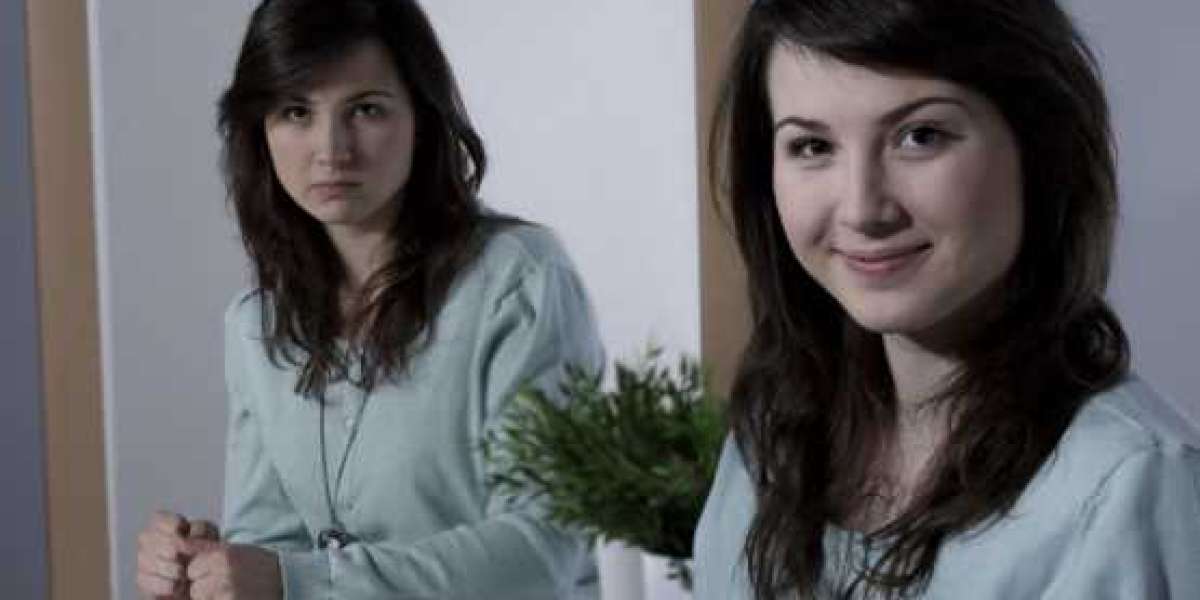Bipolar disorder is a mental health condition that can affect your mood and energy levels, along with other symptoms. Treatment can help you manage your symptoms so you can lead a normal life.
Diagnosis is made by a doctor based on your symptoms, lifetime history, experiences and family history. The doctor may also perform medical tests to rule out other causes of your symptoms.
Medications
Medications can be an important part of treatment for bipolar disorder. They help you control your symptoms so you can get back to living your life.
They also help you reduce the risk of a major mood change becoming a full-blown episode. You may take one medication, such as lithium, or a combination of different ones.
You should keep track of the side effects that you have as a way to see what's working and what isn't, according to BetterHelp. If the side effects become too much, speak with your doctor.
Mood stabilizers are medications that help to control the highs and lows of bipolar disorder. They work most effectively for manic episodes, but they don't seem to be as effective in treating depression. Lithium is the most well-known of these drugs, but there are other options.
Psychotherapy
If your symptoms aren’t getting better on medication or you can’t take it for health reasons, psychotherapy may be the next step. It can help you manage your moods, increase coping skills and improve social functioning.
You and your therapist work together to build a trusting relationship that allows you to share your thoughts and feelings. Therapy can also give you support as you learn to manage your bipolar disorder and develop a positive plan for preventing relapse.
Cognitive behavioral therapy (CBT) focuses on identifying unhealthy habits and behaviors, replacing them with healthy ones, and learning new ways to cope with stressful situations. It can also help you identify what triggers your episodes.
Interpersonal and social rhythm therapy (IPSRT) can be helpful for stabilizing daily rhythms, such as sleeping and eating, to help you control your moods. This type of therapy is usually done alongside other therapies, such as medication and psychoeducation.
Family-focused therapy is another approach that can be beneficial for people with bipolar disorder. It helps families learn more about the disorder, recognize warning signs and develop a plan to prevent relapse.
Interpersonal therapy
Bipolar disorder is characterized by extreme shifts in mood and energy that can disrupt one's life. Psychotherapy is a key component of treatment. It can help you talk through any issues that are bothering you and stay on your medication.
Several types of psychotherapy are used to treat bipolar disorder, including cognitive therapy and interpersonal therapy. Interpersonal therapy, or IPT, is a specific form of therapy that helps people improve their relationships.
It was developed by Gerald Klerman in the 1970s and is based on attachment and communication theories.
The therapy aims to reduce strains that bipolar disorder may place on an individual's relationships. It also teaches people how to establish routines that balance their moods and improve their social life.
IPSRT was one of three intensive psychosocial treatments studied in the NIMH-funded Systematic Treatment Enhancement Program for Bipolar Disorder (STEP-BD). Patients who received IPSRT were 1.58 times more likely to be well in any study month, as well as have significantly higher year-end recovery rates and shorter times to recovery.
Family therapy
If you have a loved one who has Bipolar Disorder, family therapy can help you understand and support them through their symptoms. This can help them to learn new coping strategies that will reduce their risk of relapse and keep them on track with their recovery.
This therapy also helps you to manage any problems that arise from a loved one’s illness. For example, if your loved one is using drugs or alcohol, it can be helpful to discuss with the therapist how you can help them stop their use.
Research has shown that family therapy can be effective in helping people with Bipolar Disorder to manage their symptoms and prevent relapses. It is important to note, however, that family therapy isn’t a substitute for medications or psychotherapy.



